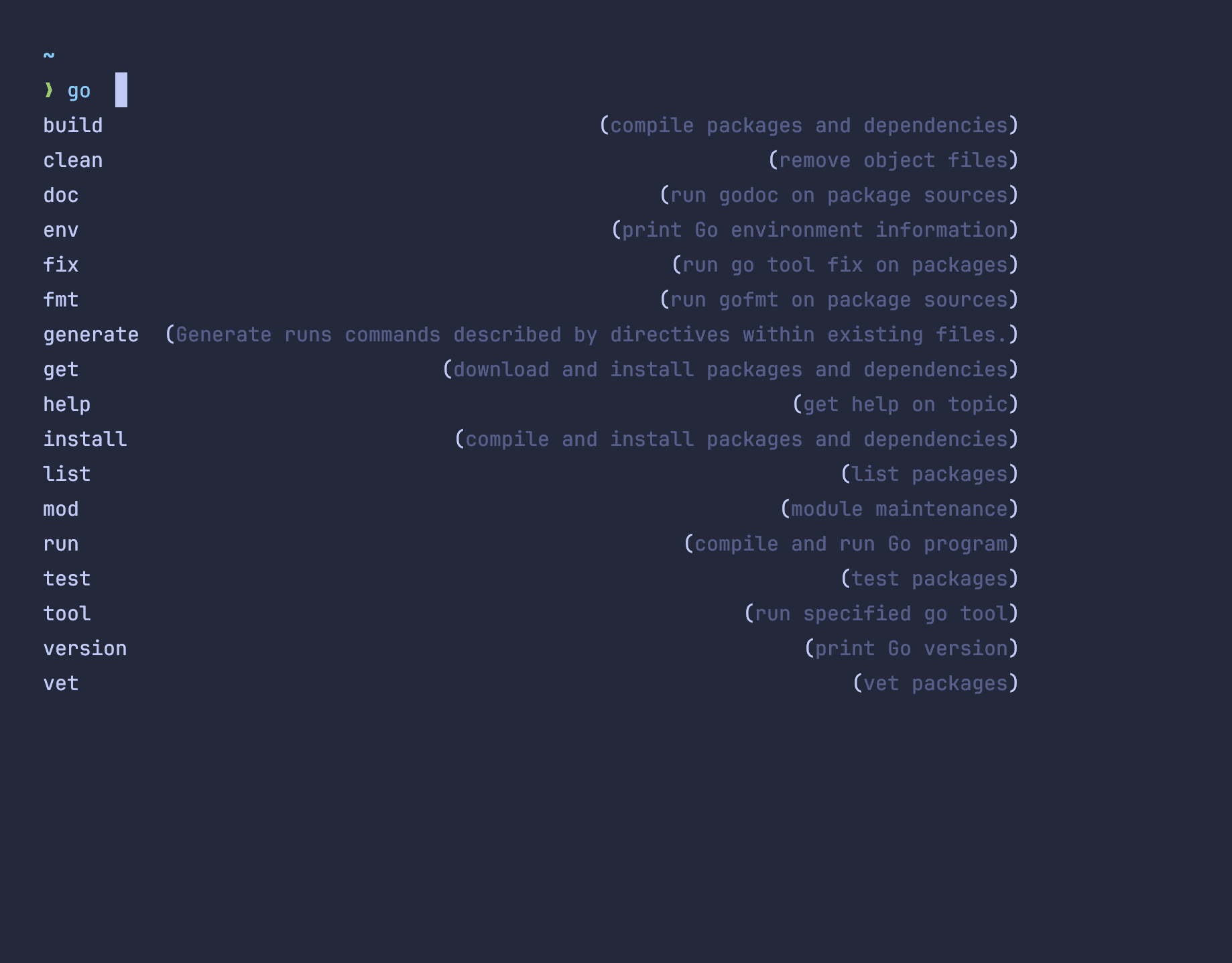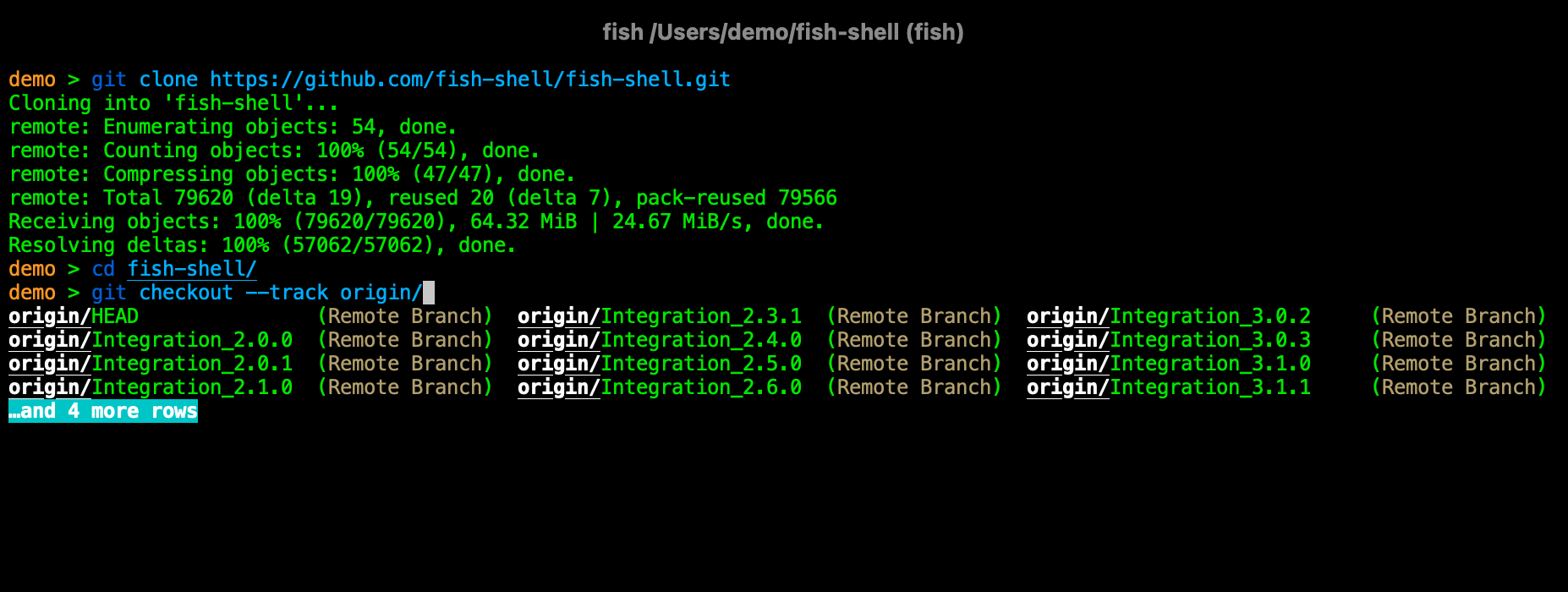Do you say hetips for HTTPS?
No but now I want to start (though I’d go hittips instead, and its insecure alternative, hittip). HTTPS has always been a mouthful lol
Do you say hetips for HTTPS?
No but now I want to start (though I’d go hittips instead, and its insecure alternative, hittip). HTTPS has always been a mouthful lol
Lol this is hilarious. This paragraph is my fave:
We identified that color is a way to connect with people across all divides (and we have research that people respond positively to it) — it is a universal language that transcends the boundaries of our diverse verbal languages. And we chose “Colorways” rather than “themes” to show we are branching out from our language of “browser” to speak the language of everyday life and everyday users. This is about more than just installing a new “theme,” which really doesn’t have much meaning to most people.
On a completely unrelated note (your username), I just started reading a couple Asimov novels! Any recommendation for which ones I should pick up next? I’ve already done I, Robot and Caves of Steel. Thinking maybe I start Foundation soon (but just started the TV show).
The last language I learned was Rust, I did a mix of the two. I read through the canonical Rust book and then got to coding because I learn more deeply when I can apply what I’ve learned. It’s still a tricky language to keep a conceptual model of in your head though.
I have the same but it’s called “please”
No, it only has an integrated html previewer. They removed the full integrated browser because it was unnecessary and an actual browser did the trick
Are you telling me that no compiler optimizes this? Why?
Nothing you’ve said is wrong, but (at least in the screenshot) the OP didn’t say anything about it being used in anything official. It’s a relatively common term in everyday language thanks to medical dramas which use coding a lot, and it’s even in the Merriam-Webster medical dictionary.
Not to invalidate what you’ve said! Just pointing out that it not being used in official contexts doesn’t make it nonsense to use elsewhere, like on some forum.


Maybe controversial, but the fish shell. I know it’s not strictly bash syntax, but the OOTB features are just so user-friendly. The most helpful features for learning: the autocomplete (with descriptions of subcommands and flags!) and the fuzzy history search.
I write bash scripts all the time, and am significantly more knowledgeable than anyone else on my team (admittedly frontend) because I got comfortable in fish.


Oh hey, you’re totally right, that’s crazy. I use Beeper (hosted matrix setup) to aggregate my chats and I guess I’ve always been using that to search across all servers without realizing. Fully thought the DM search would also search across servers.
DMs are definitely also another case though - you can’t easily DM people on another server if that requires you to log into another server.


That’s still not a solution. That entails non unified communication, access, and search. Making it easy to log in to others still doesn’t solve easy sharing between others. Also oauth2 is a pain to set up, and many people hosting their own instance aren’t going to bother.


You could’ve made music out of ejecting/retracting those all at different times!
Would’ve actually been fantastic distributed systems practice, synchronizing all of those to tight tolerances of music across a network connection…


Another really helpful tool is to use the fish shell instead of bash. It has tons of useful features, but my favorite is by far the autocomplete. It parses man pages to provide suggestions for flags, subcommands, even passed arguments, and each item in the results list has a description, and it’s all searchable by hitting shift+tab.


That’s what leveled up my cli game from 0-100. It’s a massive difference in usability and discoverability. And unlike things like nushell, it’s close enough to bash that you won’t feel confused if you have to use bash instead.


I had that on a physical machine! It broke hardcore lol I had to reinstall the OS after trying to update
Swift: : Equatable
(assuming all the members of the struct are themselves equatable, if not the compiler will tell you to implement the == method)
My best recommendation is a good git GUI. I really like Gitkraken (proprietary & freemium unfortunately, but a pretty generous free plan). I’m now more advanced than many of my coworkers because it helped me form an intuitive understanding of git.
Have you used fish? The built-in fuzzy matching works pretty well for me. Wondering if there’s any reason to add atuin in. Sync seems like a negative to me more than a positive.


Rust is a lot more niche and intimidating of a language compared to Swift. Swift is familiar to C++ devs, while modernizing the language and toolchain, and providing safety guarantees.


Also, Safari on Windows had low usage, and was probably a pain to maintain. Swift cross platform is more about abstracting out Apple specific things (like the standard library and UI toolkit). Apple has already been investing multi-year efforts into Swift on the server for longer than Safari on Windows existed. The last couple versions of Swift (~3-4years of development) have been almost entirely focused on safe concurrency, which is intended for server-side development.


Actually, this isn’t true. Apple has a vested interest in cross platform Swift. They’ve been pushing hard for Swift on Linux because they want Swift to run on servers, and they’re right to. Look at how hard JavaScript dominates on the server-side because of one language everywhere.
Microsoft